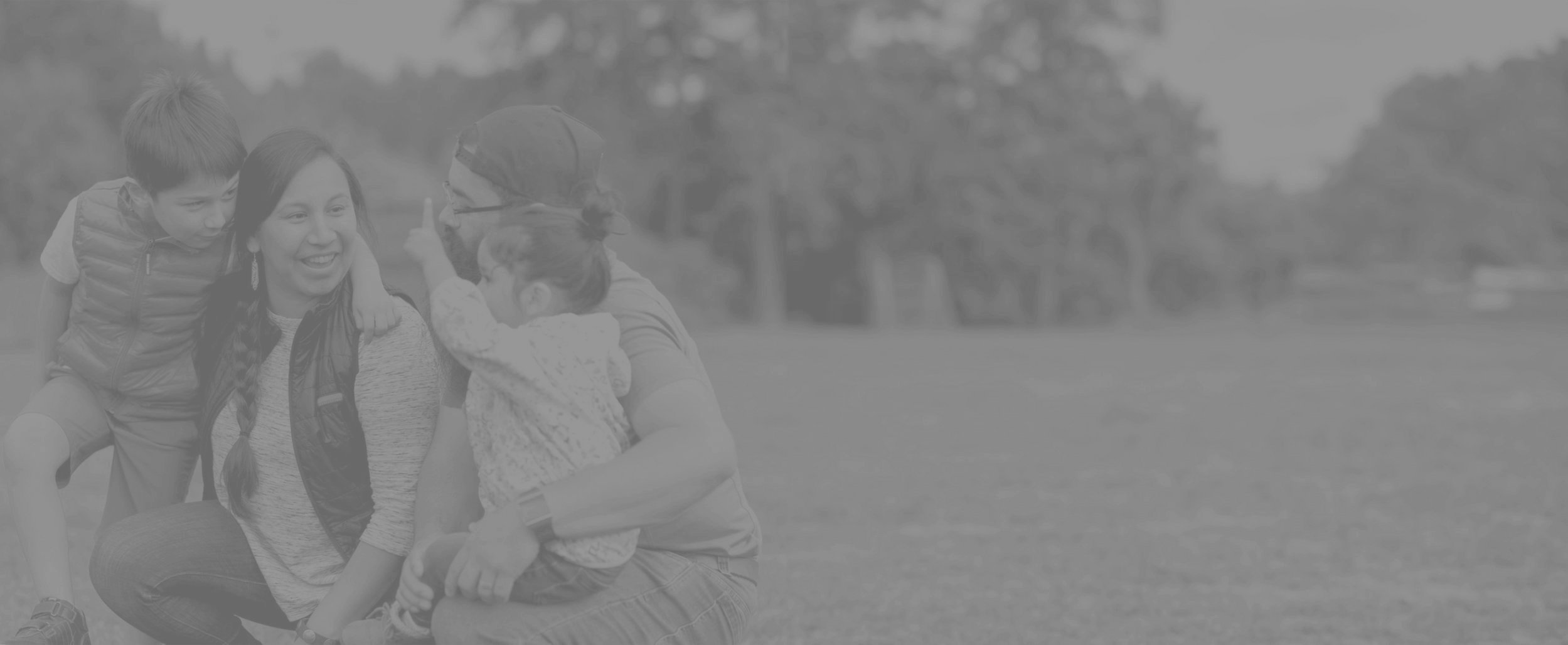
Community Programs
Child and Youth
-

Homeward Bound
The Urban Indigenous Homeward Bound (UIHB) program is a four-year initiative that helps sole-parenting Indigenous women overcome barriers to meaningful employment, well-being, and prosperity.
-

Wiingashk Alternative Secondary School
The Wiingashk Alternative Secondary School Program (ASSP) offers Indigenous learners a culturally supportive environment to complete their Ontario Secondary School Diploma (OSSD) through a combination of standard curriculum and Indigenous cultural programming.
-

Indigenous Families First
The Indigenous Families First Program (IFFP) supports urban Indigenous families involved in the child welfare system by providing advocacy, guidance, and culturally informed services to promote family well-being and reunification.
-
Wasa Nabin
The Wasa Nabin Program supports urban Indigenous youth ages 13 to 18 through culturally grounded activities that foster positive behaviours, leadership, and well-being, while addressing individualized needs like education, social skills, and violence prevention.
-
Akwe:Go
The Akwe:Go Program at N'Amerind Friendship Centre provides culturally grounded support to urban Indigenous children ages 7 to 12, promoting positive behaviours, well-being, and individualized development through one-on-one and group activities.
-
LGBTQ2S+ Mentor
The LGBTQ2S+ Mentor Program at N'Amerind Friendship Centre provides culturally supportive mentorship to foster a safe, inclusive environment for Indigenous LGBTQ2S+ youth, promoting identity, well-being, and community connection.
-
Apatsiwin Youth Employment and Training
The Apatisiwin Youth Employment and Training Program at N'Amerind Friendship Centre helps Indigenous youth gain the skills, education, and experience needed for meaningful employment through culturally relevant interventions and personalized action plans.
Healing and Wellness
-

Ka'nikuhli:yo (Good Mind)
The Ka'nikuhli:yo Program promotes Indigenous mental health and well-being through culturally-based, holistic support, including peer counseling, traditional teachings, and trauma-informed approaches.
-

Cultural Resource
The Cultural Resource Program provides access to traditional teachings, ceremonies, and cultural activities, fostering a positive Indigenous identity and well-being for children, youth, and families.
-

Dorothy Day Learning Centre
The Dorothy Day Learning Centre at N'Amerind Friendship Centre offers access to cultural resources, education, and social activities, promoting understanding of Indigenous history and traditions while fostering community engagement.
-
Healing and Wellness
The Healing and Wellness Program provides culturally appropriate services, including healing circles and crisis intervention, to improve Indigenous health and reduce family violence, particularly for women and children at risk.
-
Drug and Alcohol Counsellor
The Drug and Alcohol Counsellor supports Indigenous individuals and families affected by substance abuse, offering culturally relevant counseling, referrals, and support groups to promote healthier lifestyles and recovery.
-
Kizhaay Anishinaabe Niin (I am a Kind Man)
The Kizhaay Anishinaabe Niin Program engages Indigenous men and youth in ending violence against Indigenous women through cultural teachings, peer counseling, and community-based healing initiatives.
Health and Social
-

Life Long Care
The Life Long Care Program provides holistic, culturally appropriate long-term care and support for elderly, chronically ill, and disabled Indigenous individuals, promoting their independence and well-being.
-

Apatsiwin Employment and Training
The Apatisiwin Employment and Training Program helps Indigenous individuals gain education, skills, and experience to secure and maintain meaningful employment through personalized action plans and culturally relevant support.
-

Healthy Babies Healthy Children
The Healthy Babies Healthy Children Program supports Indigenous families with children from prenatal to age six, offering culturally grounded early intervention services, parenting support, and resources to promote healthy child development.
-
Canadian Prenatal Nutrition
The Canadian Prenatal Nutrition Program supports the health of Indigenous mothers and their babies by providing culturally sensitive prenatal and postnatal services, including nutrition, education, and access to traditional teachings.
-
Family Support
The Indigenous Family Support Program provides culturally based services to support Indigenous parents and children, fostering family well-being and early childhood development through holistic and community-centered approaches.
-
Urban Indigenous Healthy Living
The Urban Indigenous Healthy Living Program (UIHLP) promotes healthy lifestyles and physical activity for Indigenous individuals of all ages through culturally relevant wellness support and programs.
Justice
-

Community Justice
The Community Justice Program provides culturally based alternatives to incarceration for Indigenous individuals, promoting healing, accountability, and reconciliation through holistic community-driven justice approaches.
-

Community Court Workers
The Community Court Workers at N'Amerind Friendship Centre assist Indigenous individuals involved in the justice system by providing guidance, support, and advocacy to ensure fair treatment and understanding of their legal rights and responsibilities.
-

Gladue Aftercare
The Gladue Aftercare Program provides ongoing support to Indigenous individuals by helping them implement action plans based on their Gladue Report, promoting healing, rehabilitation, and access to necessary services.
-
Gladue Writer
The Gladue Writer at N’Amerind creates detailed reports that highlight the unique circumstances of Indigenous offenders, offering culturally relevant recommendations for sentencing and addressing systemic factors contributing to their involvement in the justice system.
Aboriginal Baby Resource Centre (Windsor Site)
-

Family Support
The Indigenous Family Support Program provides culturally based services to support Indigenous parents and children, fostering family well-being and early childhood development through holistic and community-centered approaches.
-

Canadian Prenatal Nutrition
The Canadian Prenatal Nutrition Program supports the health of Indigenous mothers and their babies by providing culturally sensitive prenatal and postnatal services, including nutrition, education, and access to traditional teachings.

